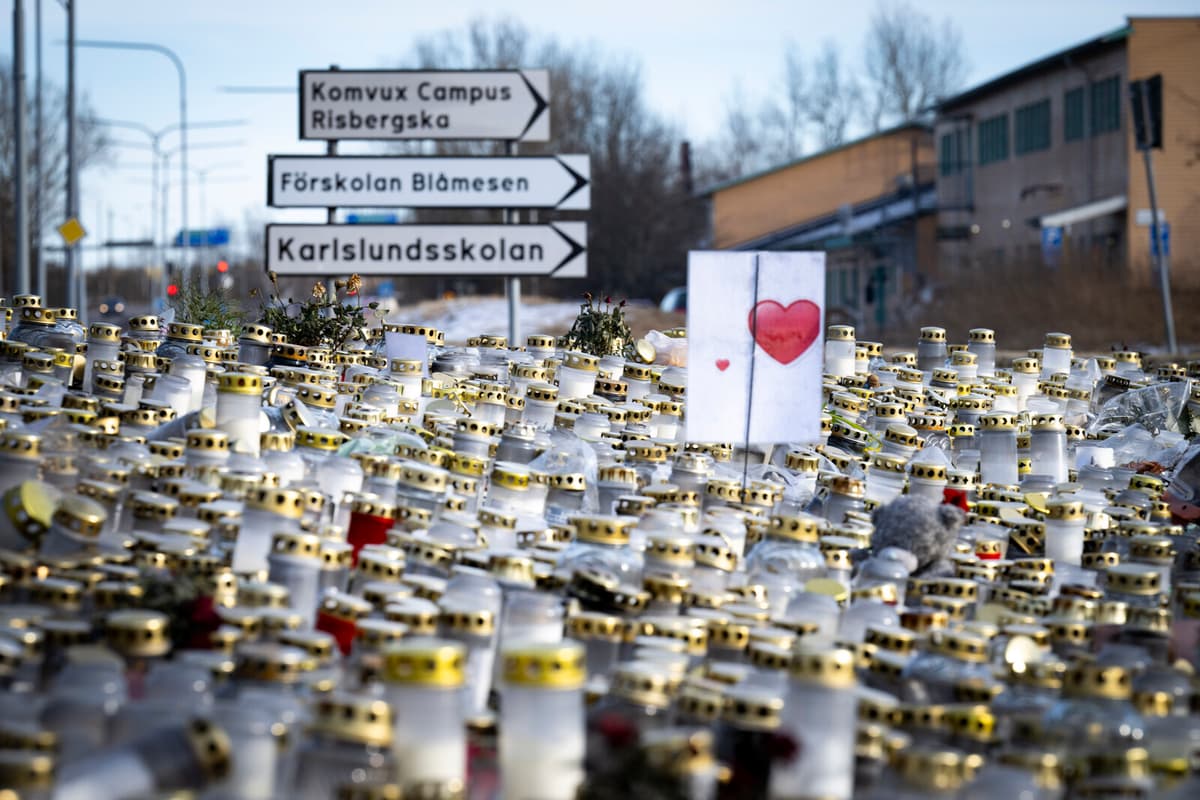Ten people were killed in the brutal mass murder at Campus Risbergska in Örebro on February 4. The shooter, 35-year-old Rickard Andersson, took his own life after a confrontation with the police.
A number of actors are already evaluating their efforts in connection with the event, but now the government is giving the Swedish Civil Contingencies Agency (MSB) the task of making a comprehensive review of all actors' handling.
It would be a cardinal error for Swedish society not to evaluate such a serious and terrifying event, in order to simply see what lessons we can draw, says Carl-Oskar Bohlin (M), Minister for Civil Defence.
Will not review
Some of those who should be seen are blue light personnel, emergency services, school, social services but also the National Forensic Centre, the Work Environment Authority, the National Agency for Education, the Schools Inspectorate and the National Board of Health and Welfare.
The evaluation is not being set up because any shortcomings have been found, according to Bohlin.
No, I can't say that. And I don't want to review the individual actors' actions negatively in any way, rather it has been shown that resolute action led to the shooter in question stopping shooting more people.
Clear in a year
The government hopes that lessons can be learned before any future similar events and that society will be better at identifying risks and threats.
MSB, which has previously evaluated the snow chaos on E22 and the oil spill in Pukaviksbukten, will particularly scrutinize how information and resources were distributed during the acute response, how communication functioned and how crisis management and support were handled after the fact for students and staff.
The report is expected to be ready in a year, on June 12, 2026.






